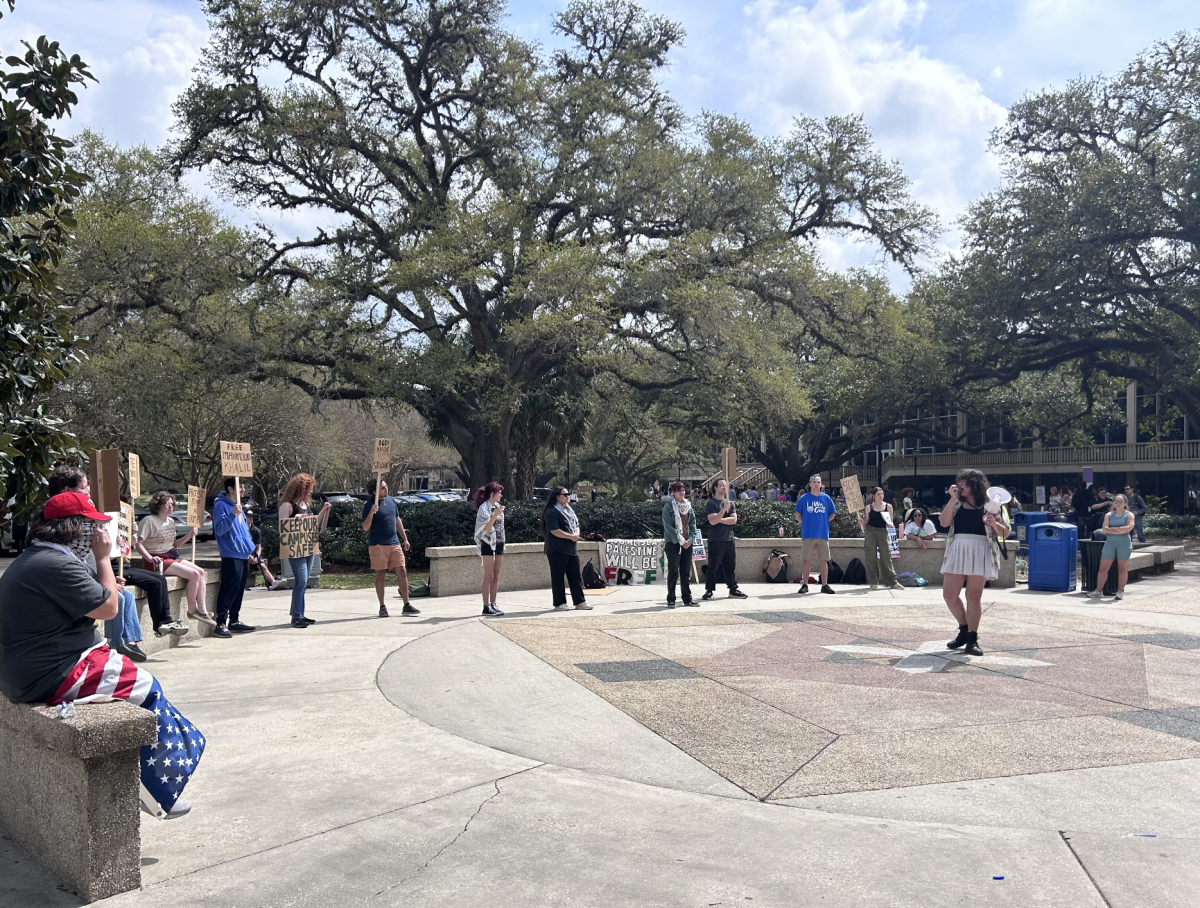Louisiana is ranked in the top 10 states most vulnerable to gas price hikes for the third straight year, according to a study released Aug. 11 by the Natural Resources Defense Council.The study ranked Louisiana fifth most vulnerable based on an income-to-gas-price ratio and stated Louisiana spent an average of $2,540.66 — 7 percent of residents’ average income of about $36,295— on gasoline in 2008. States ranking higher than Louisiana were Oklahoma, South Carolina, Montana and Mississippi.But the study should be viewed with skepticism, said Wumi Iledare, professor and director of the University’s Energy Information and Data division.”When you take two states that have completely different areas and … compare them, it’s very misleading,” he said.The idea of vulnerability must be analyzed from the point of view of availability of oil and alternate fueling sources, he said.Other aspects the study doesn’t include are factors affecting the fluctuations of gas prices, the state of the economy and fluctuating gasoline standards, said Don Briggs, president of Louisiana Oil and Gas Association.”The main cause for the price [of gas] to go up is the fluctuation of the price of the barrel of oil,” he said. “Different cities have different gasoline standards … because of air quality emissions they have to meet.”Gasoline prices began to increase around March because oil refineries changed the oil blend for the onset of summer heat, Briggs said.Hurricanes also affect prices, as seen when gas prices increased after hurricanes Katrina and Gustav when oil refineries shut down, he said.Brittani Schneider, education sophomore, said increasing gas prices aren’t a high concern for her budget.”I don’t spend too much because I don’t use my car when I’m at school,” she said.Jordan Gautreau, mechanical engineering sophomore, fills up his car about every four days when he commutes to campus from Gonzales.”I drive a full-size truck,” Gautreau said. “Gas prices eat me up.”
With few mass transportation options when commuting from Gonzales, Gautreau considered buying a motorcycle to reduce money spent on gas.Many states have a lack of alternate fueling options, according to the council’s study.Briggs said the next step toward clean-energy technologies and reducing dependence on oil is natural gas.”Clean energy is natural gas,” he said. “That’s going to be our fuel of the future. It’s the cleanest burning fuel that there is.”But Iledare said oil should not be penalized or labeled as the unfriendly fueling choice.”Petroleum is still going to be in our lives as long as we are looking for other energy resources,” Iledare said. “The government should not be scared to waste resources to find others that are economically viable.”Illedare said the most important aspect to reduce oil dependency is conservation and a balance of fuel efficiency.–Contact Kristen M’lissa Rowlett at [email protected]
La. ranks high in oil reliance
September 2, 2009



